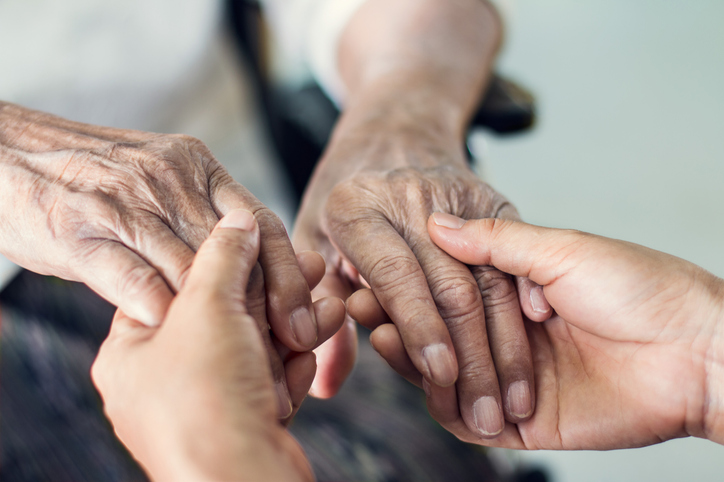The reality show “My Big Fat Fabulous Life” follows the challenges 30-year-old Whitney Thore faces as a 380 pound woman suffering from the rare condition polycystic ovarian syndrome.
Thore’s claim to fame started when a video of her dancing called Fat Girl Dancing went viral and she started the “No Shame Body Campaign.” Then the reality show came along, and with an average of 1.2 million viewers an episode since the show premiered January 13, it has now been picked up for a second season, which will begin in the summer.
What makes this show unique, compared to some other obesity-driven reality show concepts like TLC’s other show “My 600-pound life” or even NBC’s “The Biggest Loser,” is that Thore is speaking for the idea of being happy with who you are, in the present moment, in the skin you are in, no matter what your body looks like.

With the Rise of AI, What IP Disputes in Healthcare Are Likely to Emerge?
Munck Wilson Mandala Partner Greg Howison shared his perspective on some of the legal ramifications around AI, IP, connected devices and the data they generate, in response to emailed questions.
This doesn’t mean she is saying that she doesn’t need to lose weight for health reasons, but the concept behind the show is so much less bout “fixing” something and more about “being” with current circumstances and moving forward in ways that are appropriate.
From a psychological health stand point, Thore’s message could make a difference in many people’s lives. It can be a challenge, but stepping away from the misery, stress or fear of judgement that many morbidly obese people deal with could not only help in the process of losing weight, but the shift of respecting and loving yourself makes any challenge more approachable.
Thore hasn’t always been such an advocate for self-acceptance. When she gained 200 pounds in college due to PCOS and overeating, it only added to a negative body image she had since she was young and thin, she says. So this new transformation has been relatively recent, and she is embracing her role as a self-love advocate.
In an interview with People, Thore was informed that her critics believe she is promoting obesity with her TLC show. She responded:

Using Informed Awareness to Transform Care Coordination and Improve the Clinical and Patient Experience
This eBook, in collaboration with Care Logistics, details how hospitals and health systems can facilitate more effective decision-making by operationalizing elevated awareness.
“Any fat person who’s just living and not miserable is apparently promoting obesity! If I’m pro-anything it’s simply pro-loving yourself in this moment because it’s all we have. And I do want to lose weight. I’m not naïve to the health risks that are going to come to me at almost 400 lbs. But does that mean I’m going to hate myself in the process? No.”
Thore’s message isn’t just reaching other obese people.
“I hear from just as many anorexic women as I hear from fat women,” she told People. “This is a universal problem about being a woman – it’s not exclusive to fat people. We’re indoctrinated from a very young age that thinner is better, that we can always be skinnier. That the worst thing you can be is fat – especially if you are a woman.”
So what’s more productive, a panicked sense of urgency to lose weight to fit society’s standards and for medical reasons, or taking the time to be secure and psychologically healthy to support yourself with any challenging task at hand?












